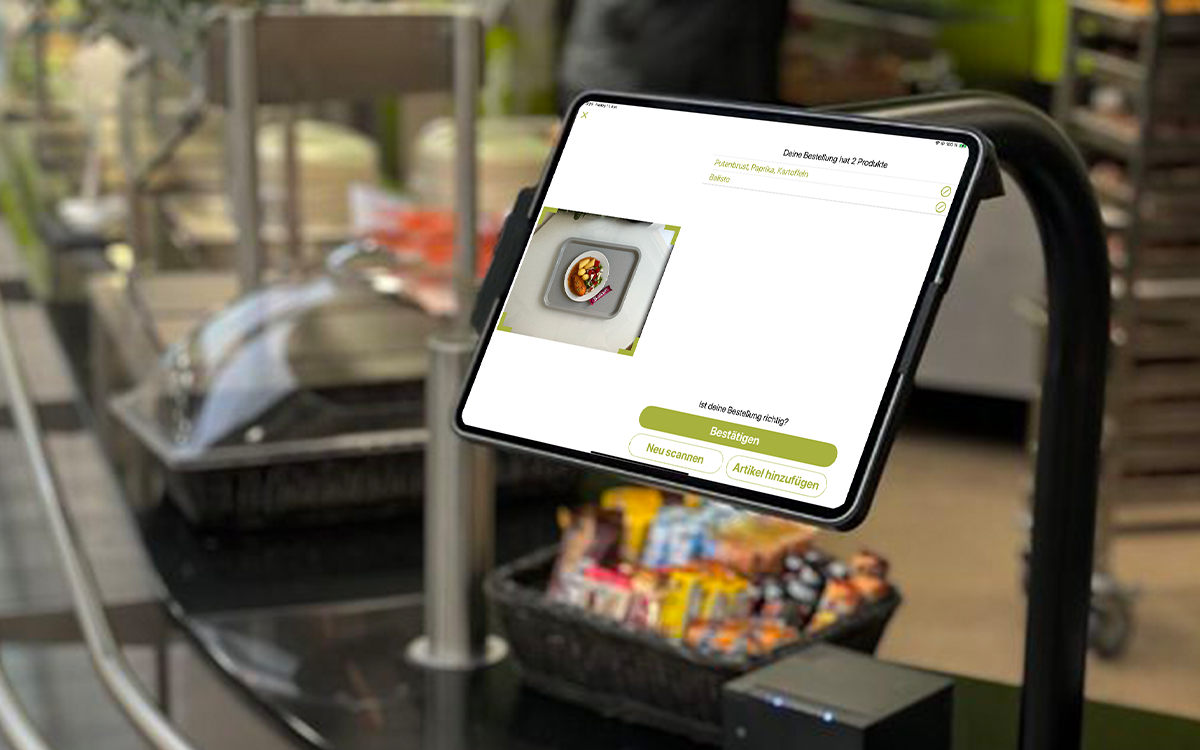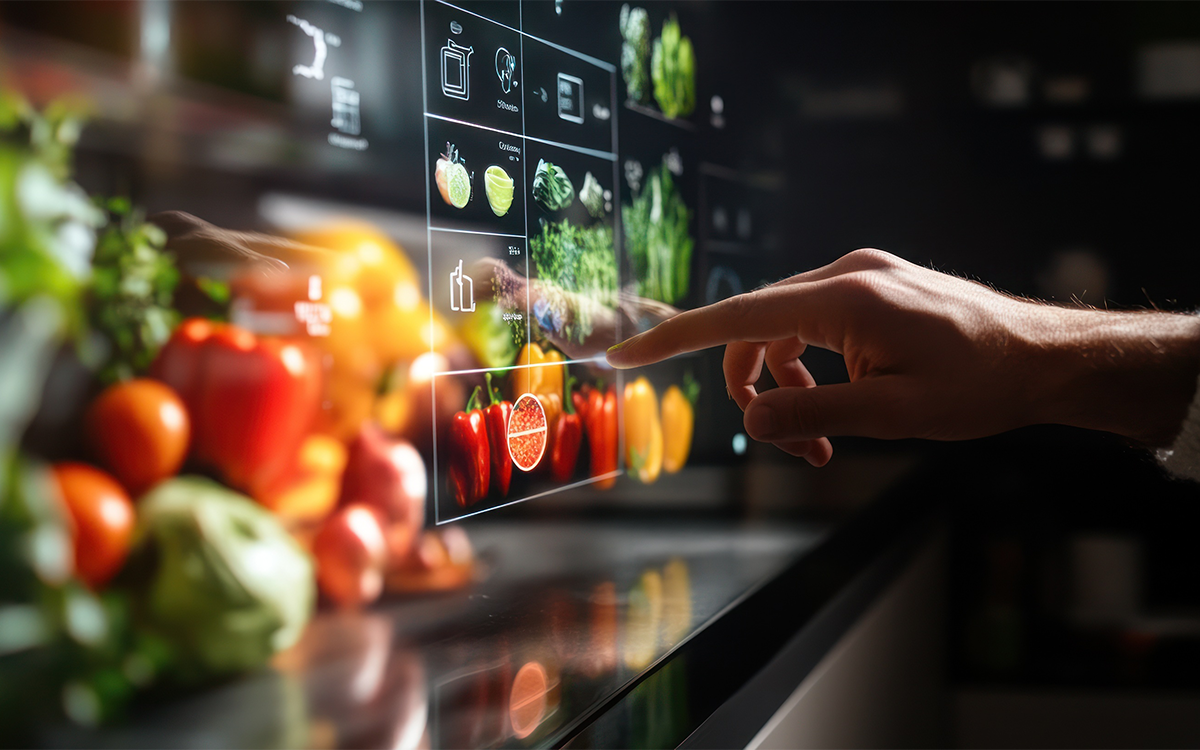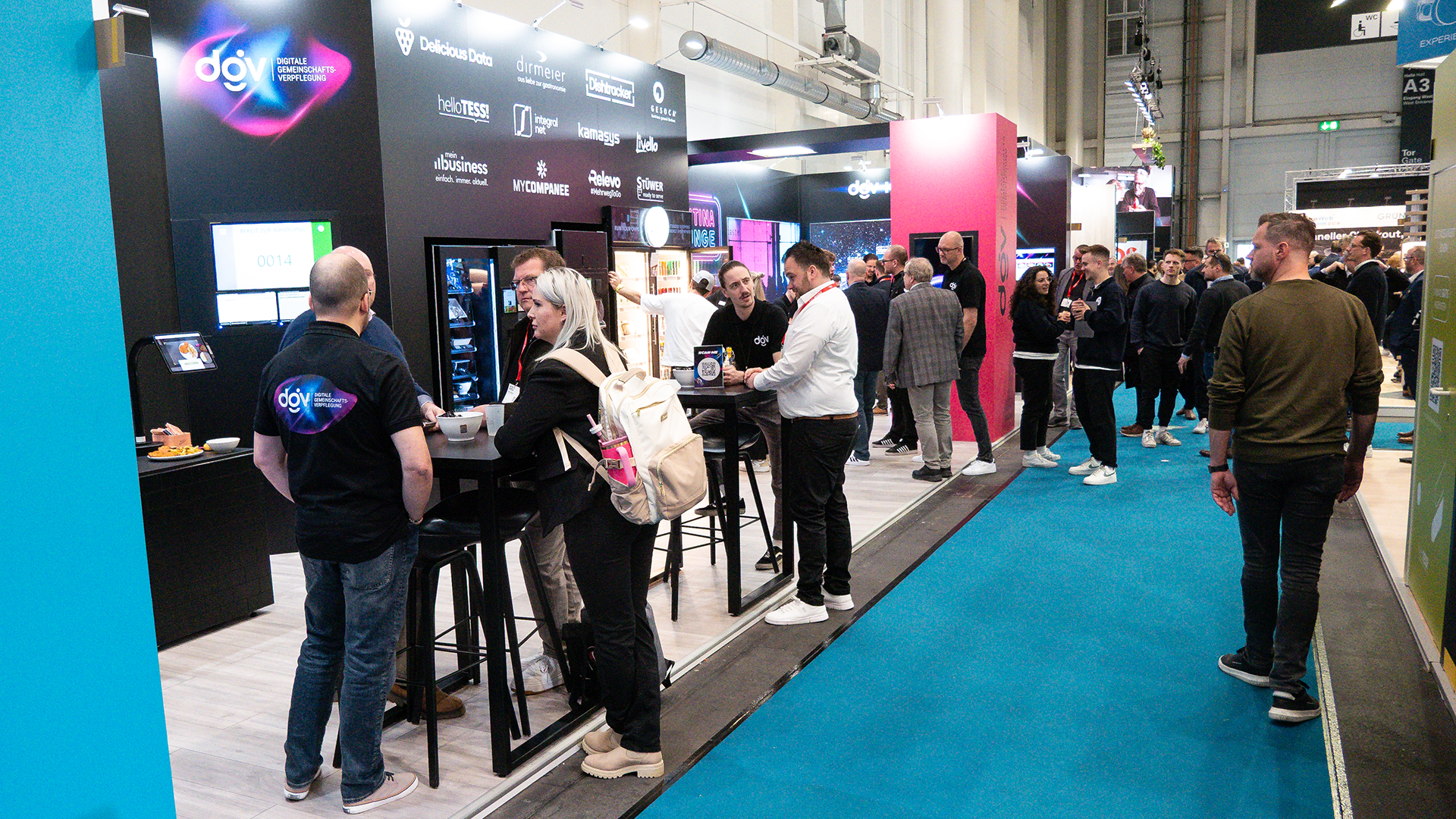Digitization has made great leaps forward in the catering industry in recent years. However, digital solutions that have long been commonplace in system catering, for example, are only now increasingly finding their way into company restaurants.
Restaurateurs are realizing that modern technologies can be used to better meet the needs and wishes of their guests. In modern company catering, the focus is therefore increasingly on a dedicated app. Kamasys recognized this potential early on: Since 2003, the Mittagstisch App has been available - the first ever app for communal catering in Germany!
The Lunch App - White Label App since 2003
The successful model is based on a white label solution - a basic framework that can be customized for each business and published under its own brand. The white label app allows the appearance to be customized to reflect the company's corporate identity.
On the market for 10 years, the Mittagstisch App stands out as industry-proven software that is ideally suited to the needs of mass catering. In addition to the customization of icons, color designs and graphics, the app can be individualized and adapted to the needs and wishes of the guests via 18 available modules.
Advantages of a white label app
1. lower costs:
Developing your own app from scratch involves significant cost and time. By using a white label app, catering companies can significantly reduce these costs. The basic app structure is already in place, which means that development costs are significantly reduced. In addition, the white label app enables a fast time to market, as the basic functions are already implemented. Establishments can therefore focus on customization and individualization instead of developing from scratch.
2. modular structure:
A white label app allows mass caterers to customize the app's features and content to their specific needs. This includes the integration of menu plans, daily specials, information on allergens or dish characteristics, and much more. Establishments have full control over the content and can update it at any time to provide relevant and up-to-date information to their customers. Furthermore, additional features such as ordering and payment options as well as bonus and feedback programs can be integrated into the app to further improve usability, customer loyalty and quality management.
In the case of the Lunch app, 18 modules are available via which the respective needs of restaurateurs and guests can be addressed.
3. individual brand customization:
Other strengths of a white label app is the ability to customize the app to match your brand. Company restaurants and canteens can integrate their logo, color schemes, and other design elements to create a consistent and professional brand presence. This boosts customer confidence in the company restaurant's service and promotes recognition.
4. user-friendliness and customer loyalty:
The White Label App offers a tried and tested, user-friendly interface. This allows customers and employees to access relevant information quickly and easily. Customers can conveniently view menu plans, place and pay for pre-orders, or access allergen information. Features such as ordering options, personalized recommendations, and bonus and feedback functions can increase customer loyalty and build a long-term relationship.
5. scalability and future-proofing:
A white label app is scalable and can be adapted to meet the growing demands of mass catering. To meet new requirements, it is continuously developed and updated: This ensures security and functionality. This allows restaurateurs to keep pace with changing customer needs in company restaurants in the future.
Disadvantages of a white label app
1. limited individualization options:
Although a white label app allows for some customization, the options are limited compared to developing your own app. There may be limitations when it comes to deep changes in design or features.
In the case of the Lunch app, limitations exist only in the placement and arrangement of menu structures and content.
2. partnership with white label app provider:
When using a white label app, restaurateurs are tied to an external provider. It is important to choose a trustworthy partner that offers long-term support and responds to individual needs.
Kamasys has 20 years of market experience in the foodservice industry. It was the first company in the industry to launch the Lunch App for company restaurants back in 2003. Through constant further development, the app is now one of the market-leading tools in the segment.
Conclusion: White Label App are Opportunity Providers
With a white label app, company restaurants, canteens and communal catering businesses can drive forward their digitization strategy and offer their customers a modern and efficient service. Through individual brand customization, flexibility, cost and time savings, user-friendliness, customer loyalty as well as scalability and future-proofing, a white label app can increase the success and efficiency of the business.
With many years of market experience and numerous modules, the Mittagstisch App from kamasys offers an industry-proven software that is ideally suited to the needs of mass catering.


